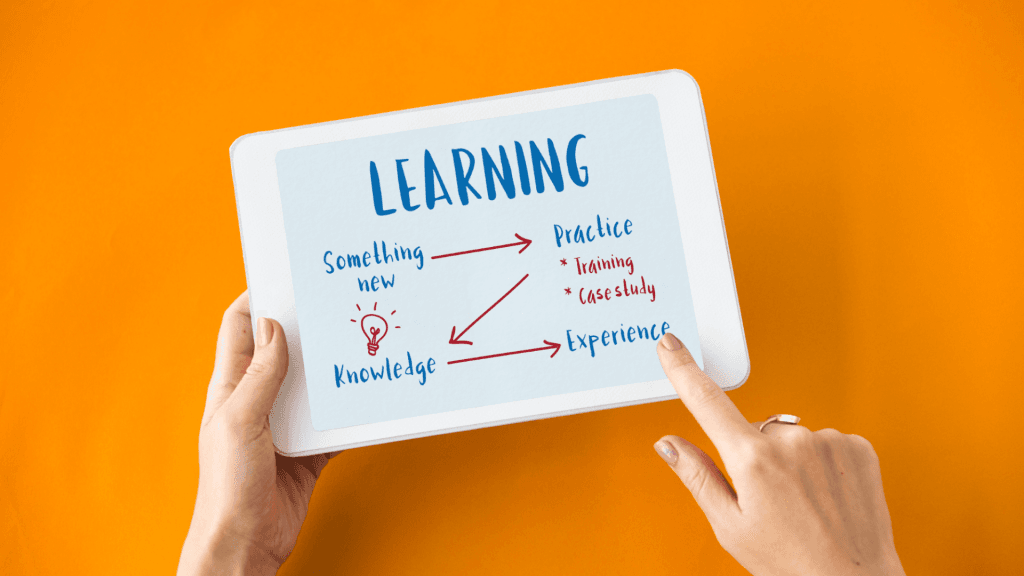In an era defined by rapid technological advancements, shifting workforce demographics and a globalized economy, the need for effective professional development has never been greater. Yet, traditional, one-size-fits-all approaches to learning are increasingly falling short. Organizations and individuals alike are demanding more personalized, flexible and impactful training solutions—a need met by customized learning. This tailored approach is not just a passing trend but a fundamental shift in how we prepare professionals for the challenges of the modern workplace.
The Shift from Standardized to Customized Learning
Historically, professional development relied on standardized courses, often delivered in classrooms or through generic online platforms. While these programs provided foundational knowledge, they often failed to address specific organizational needs or individual learning preferences.
Customized learning flips this paradigm. By focusing on the unique requirements of both the organization and its employees, customized training ensures that every learning experience is relevant, engaging and practical. This shift is driven by several key factors:
- Diverse Workforce Needs: Today’s workforce is more diverse than ever, encompassing multiple generations, cultures and roles. Tailored programs address these differences by aligning content with specific job functions, career stages and personal learning styles.
- Technology Integration: Modern technologies, such as AI and machine learning, enable precise customization of content and delivery methods. These tools analyze learners’ preferences and performance to create personalized learning paths.
- Changing Skill Demands: Industries are evolving rapidly, and so are the skills required to stay competitive. Customized learning ensures that professionals acquire up-to-date, role-specific knowledge.
Benefits of Customized Learning
Adopting a tailored approach to professional development offers transformative benefits for both organizations and individuals:
For Organizations
- Increased ROI: Customized training aligns directly with business objectives, ensuring that employees acquire skills that drive organizational success.
- Improved Employee Engagement: Personalized content resonates more deeply with learners, increasing participation and motivation.
- Faster Skill Development: Tailored programs eliminate irrelevant material, allowing employees to focus on skills that are immediately applicable.
- Retention of Top Talent: Investing in meaningful professional development shows employees that the organization values their growth, boosting loyalty and reducing turnover.
For Individuals
- Relevant Learning Experiences: Learners can focus on areas where they need improvement, avoiding generic material they already know.
- Flexibility and Convenience: Customized learning often leverages online platforms, allowing professionals to learn at their own pace and on their own schedule.
- Higher Satisfaction: Tailored programs align with personal career goals, making the learning process more fulfilling and effective.
Key Components of Effective Customized Learning
Creating impactful customized training programs involves several essential elements:
- Needs Analysis: A thorough assessment of organizational goals and individual skill gaps forms the foundation of tailored learning.
- Adaptive Technologies: Tools like AI-driven learning platforms, gamification and virtual reality make customization scalable and engaging.
- Blended Learning Models: Combining in-person workshops with online modules ensures flexibility while maintaining a human touch.
- Continuous Feedback: Regular assessments and learner input help refine content and delivery methods, ensuring ongoing relevance and effectiveness.
- Expert Facilitation: Skilled trainers and subject matter experts bring credibility and depth to customized programs.
The Role of Technology in Driving Customization
Technology is the backbone of customized learning, enabling organizations to deliver personalized experiences at scale. Key technologies include:
- Learning Management Systems (LMS): These platforms track learner progress and adapt content delivery based on performance.
- Artificial Intelligence (AI): AI algorithms analyze data to recommend tailored learning paths and resources.
- Virtual Reality (VR) and Augmented Reality (AR): These tools create immersive, hands-on learning environments.
- Gamification: By incorporating game-like elements, such as rewards and challenges, gamification boosts engagement and retention.
Industries Benefiting from Customized Learning
Customized learning is making a significant impact across diverse industries:
- Healthcare: Tailored programs help medical professionals stay updated with evolving practices and technologies.
- Finance: Customized training ensures compliance with ever-changing regulations and equips employees with advanced financial skills.
- Technology: Rapid innovation demands continuous upskilling, which customized learning efficiently provides.
- Retail: Training tailored to customer service, sales strategies and product knowledge enhances customer satisfaction.
- Manufacturing: Customized safety and operational training improve efficiency and reduce risks.
Real-World Examples of Customized Learning
- Corporate Governance Training: Delfino Group, a leader in professional training, offers tailored governance courses that align with specific boardroom dynamics and regulatory environments.
- ESG Initiatives: Customized learning programs help organizations integrate Environmental, Social and Governance principles into their operations, driving sustainability and profitability.
- Leadership Development: Tailored leadership courses address unique organizational cultures and challenges, equipping managers with practical strategies.
Overcoming Challenges in Customized Learning
While the benefits of customized learning are clear, implementing it can pose challenges. Common obstacles include:
- Cost: Developing tailored programs requires an upfront investment. However, the long-term ROI often justifies the expense.
- Time: Customization can be time-intensive, but technology and expert facilitators can streamline the process.
- Resistance to Change: Both organizations and learners may be hesitant to adopt new approaches. Clear communication and showcasing early successes can help overcome this resistance.
The Future of Professional Development
As the workplace continues to evolve, the demand for customized learning will only grow. Future trends include:
- Hyper-Personalization: Leveraging advanced analytics to create even more precise learning paths.
- Microlearning: Delivering bite-sized, role-specific content for on-the-go learning.
- Collaborative Learning: Incorporating social learning elements to enhance engagement and knowledge sharing.
- Sustainability Focus: Integrating ESG principles into training programs to prepare professionals for a more sustainable future.
Conclusion
Customized learning is not just the future of professional development—it is the present. By addressing the unique needs of organizations and individuals, this tailored approach bridges the gap between knowledge and performance. For companies like Delfino Group, investing in customized training solutions is a powerful way to empower professionals, drive business success and thrive in an ever-changing world.
